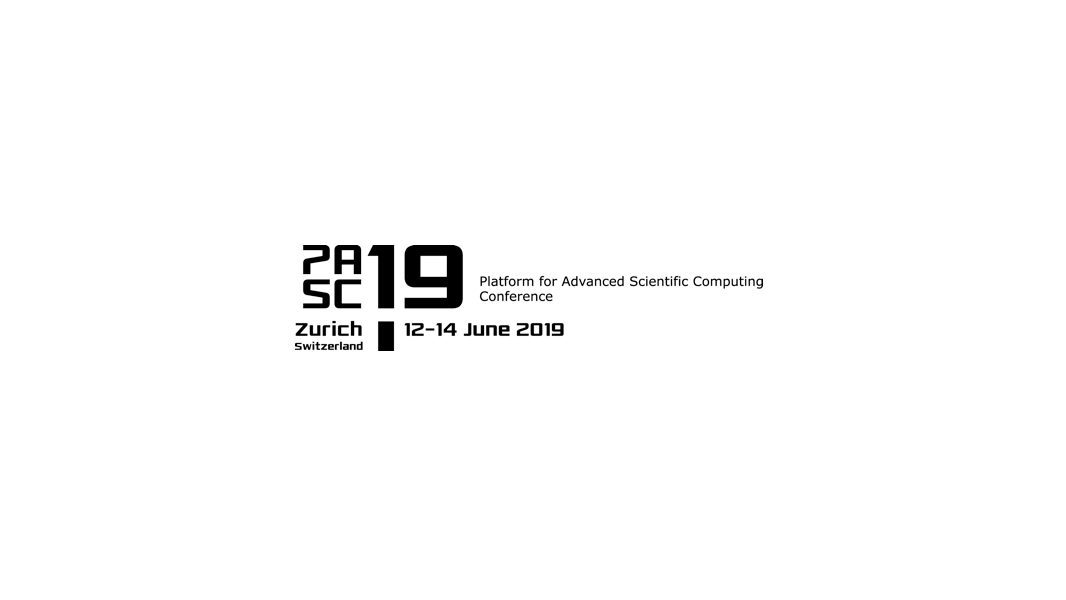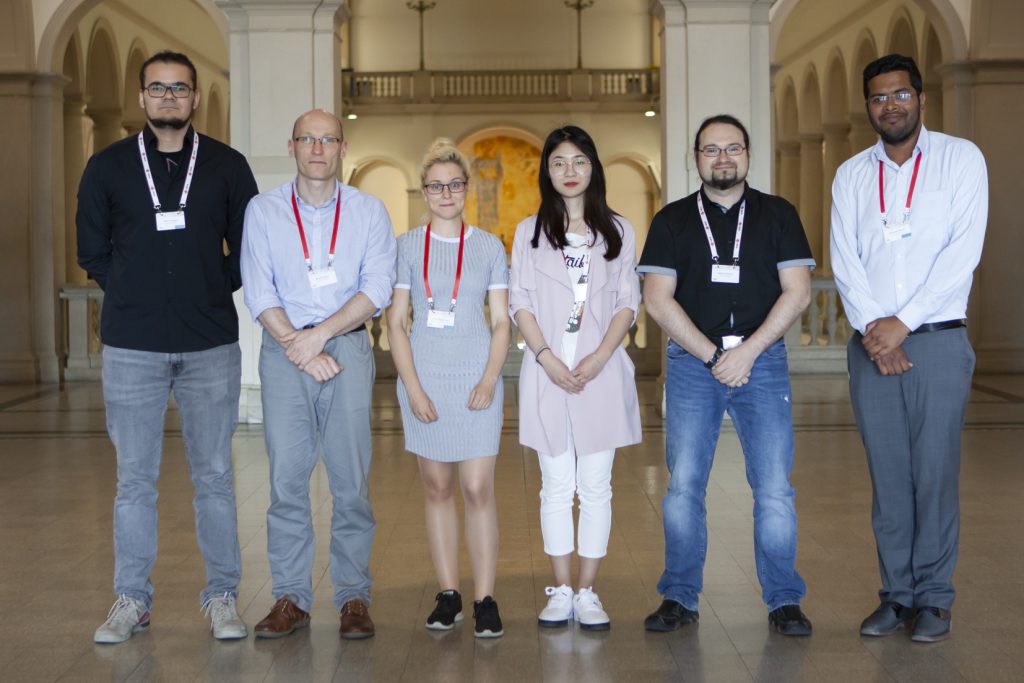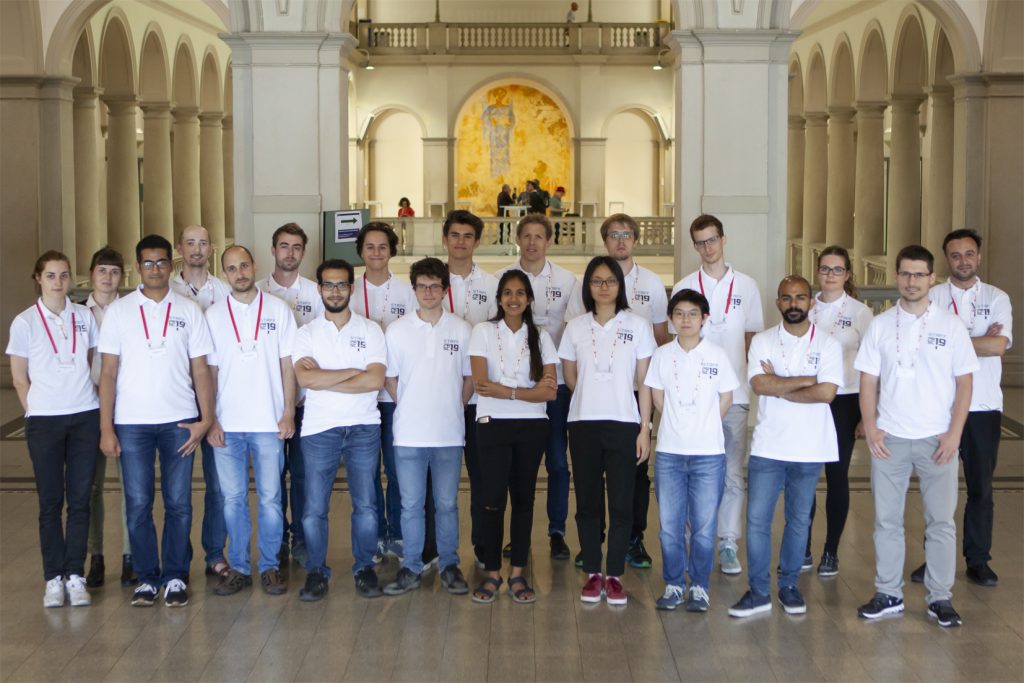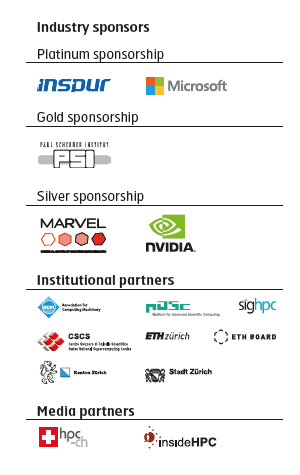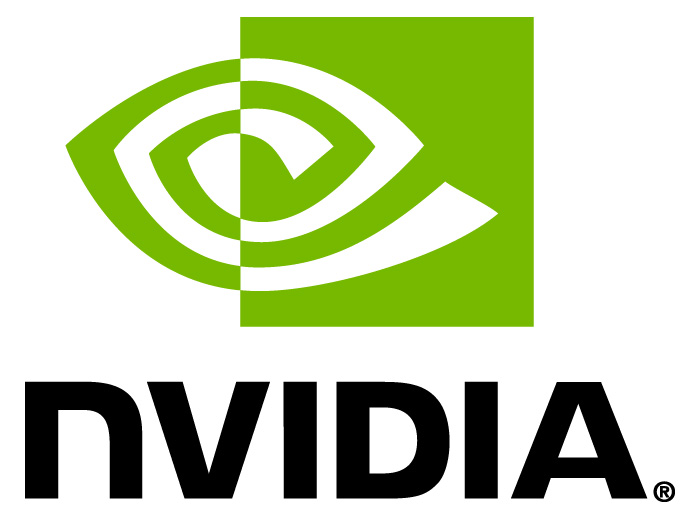PASC19 Highlights
The PASC19 Organizing Team was pleased to welcome 428 attendees from 24 countries to Zurich for the sixth edition of the PASC Conference series. With 65% participation from abroad and thanks to its participants who brought diverse perspectives to the discussions on tools and techniques that can be applied to various scientific domains, PASC19 can be defined a truly international and interdisciplinary platform.
The technical program featured several plenary sessions. Daniel Jacobson (ORNL) opened the conference with a presentation on their Gordon Bell Prize-winning research into genetic architectures underlying complex traits in applications from bioenergy to human clinical genomics, and Thierry Poinsot (IMFT CNRS) gave a lively and provocative presentation on simulations of instabilities in aerospace propulsion systems. The theme of the conference was discussed from many angles in the panel “Exascale and Beyond: Challenges in Productive and Sustainable Software,” where, moderated by emerging exascale software specialist Lois Curfman McInnes (Argonne National Laboratory) and HPC technology pundit Rich Brueckner (InsideHPC), thought leaders from China, Europe, Japan and US discussed the opportunities and challenges for software development in the era of exascale systems. Keren Bergman (Columbia University) presented cutting-edge research in optical interconnect technologies, and Scarlet Schwiderski-Grosche (Microsoft Research Cambridge) demonstrated their application in data centres of the future. Yu Liu (Inspur) described Inspur’s strategies for performance profiling and optimization of large-scale scientific applications, while Fangli Qiao (First Institute of Oceanography) and Eleni Chatzi (ETH Zurich) engaged the audience in a “fluid” discussion on the mysteries of numerical ocean modeling and its applications in the real-world. The best paper prize was awarded to Sam Hatfield and colleagues from the University of Oxford and ECMWF for their work on the use of mixed-precision hardware to accelerate numerical weather forecasting. Quick links to the videos of these plenary presentations are available on the conference website.
We thank all minisymposium organizers and speakers, paper authors, and poster presenters for contributing to a very strong technical program. PASC19 papers are published in the Proceedings of the Platform for Advanced Scientific Computing Conference, available for download via the ACM Digital Library.
Slide Presentations
We encourage minisymposium and paper presenters to share the slides of their presentations, and poster authors to provide updated versions of their posters. Please upload them in pdf format to the submissions portal by July 31 2019. The slides will be accessible from the online program, which will be updated periodically.
Photos and Impressions from PASC19
The PASC19 Organizing Team would like to thank all the participants who shared their impressions on the conference via Twitter using the hashtag #PASC19. Photos taken during the three days can be viewed here, and interviews with conference attendees will soon appear here. We are especially grateful to those who agreed to be interviewed on camera.
PASC19 Student Travel Grant Winners
Congratulations again to the four students who were recipients of the PASC19 Student Travel Grants, generously sponsored by SIGHPC. In the photo from left to right are Anton Artemov (Uppsala University), his mentor Nicolas Salamin (University of Lausanne), Laura Morgenstern (Chemnitz University of Technology, also mentored by Salamin), Yuyao Niu (China University of Petroleum), her mentor Ruben Cabezon (University of Basel), and Shashank Jaiswal (Purdue University, also mentored by Cabezon).
We thank our mentors for providing guidance to the student travel grant winners by suggesting relevant program sessions and introducing them to experts in their research fields.
Thank You to PASC19 Student Volunteers
We would like to take this occasion to thank all the PASC19 volunteers who made themselves available to staff the conference, assisting participants at the reception and speakers in the parallel rooms. It was a pleasure to work with you all!
Thank You to Our Sponsors and Institutional and Event Partners
A big thank you to our generous sponsors! We extend our sincere appreciation to our sponsors and event partners, without whom PASC19 would not have been possible.
Looking Forward to PASC20
This is the end of PASC19 but not the end of the PASC Conference series. We thank you for your company on the road to Zurich and during the conference, and hope to welcome you all next year in Geneva for more stimulating discussions around HPC!
This message has been sponsored by NVIDIA, official sponsor of PASC19.
NVIDIA’s invention of the GPU in 1999 redefined modern computer graphics and revolutionized parallel computing. In 2006, the creation of the CUDA programming model and Tesla GPU platform opened up the parallel-processing capabilities of the GPU to general-purpose computing, a powerful new approach to computing. GPU computing is the most pervasive, accessible, energy-efficient path forward for HPC and data centers.

